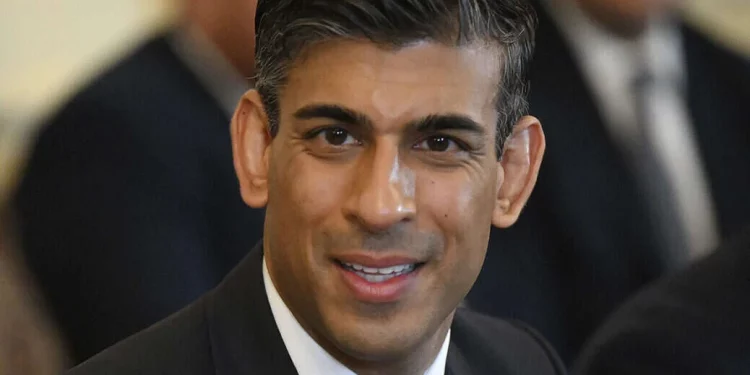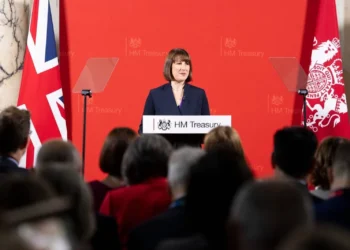In the lead-up to the next general election, Rishi Sunak is rumoured to be mulling over a strategic move that could significantly impact the political landscape: a potential reduction in inheritance tax.
This move is seen as an attempt to win over voters and establish clear distinctions from the Labour Party, which currently holds a comfortable lead in the polls.
Reports suggest that these plans may pave the way for the eventual elimination of the inheritance tax altogether, a prospect that has garnered attention and speculation. While the Sunday Times reported on these considerations, Downing Street has taken a more cautious stance, attempting to downplay the idea of such a substantial tax cut.
Currently, inheritance tax in the UK stands at 40% for estates exceeding £325,000 in value, with an additional allowance of £175,000 for a primary residence when passed on to children or grandchildren. Couples in wedlock have the option to share their allowance, which means that parents can potentially transfer assets worth up to £1 million to their offspring without incurring any tax liability.
Sources cited in the publication have hinted at ongoing discussions at the highest echelons of the government regarding potential reforms to the inheritance tax system. Among the proposals being considered is a move by Sunak to reduce the tax rate from 40% in the upcoming budget announcement scheduled for March, with a view to ultimately phasing out the tax in the coming years.
A senior government source revealed,
- “No 10 political advisers have been looking at abolishing inheritance tax as something that might go in the manifesto. It’s not something we can afford to do yet.”
The source emphasized that this tax is widely regarded as the “most hated tax” in the UK, across all income levels. The sentiment stems from the perception that taxing income already subjected to taxation, particularly during times of grief, is fundamentally unjust.
Statistical data for the tax year 2020-21 shows that merely 3.73% of deaths in the UK resulted in an inheritance tax charge. Despite this relatively low incidence, the prospect of abolishing the tax has sparked a political debate.
Labour MP and shadow chief secretary to the Treasury, Darren Jones, voiced opposition to the idea, stating,
- “Abolishing inheritance tax – which 96% of people never pay – is an unfunded tax cut of £7.2 billion per year. The biggest threat to the economy is the Conservative party.”
Downing Street sources have clarified that formal plans for abolition are not yet in development, and Chancellor Jeremy Hunt has emphasized the challenges of implementing tax cuts given the current state of public finances.
In a separate development, Rishi Sunak has pledged to retain the pension “triple lock” as part of his election strategy. The triple lock ensures that pensions increase annually by the highest of three factors: average wage growth, inflation, or 2.5%. Despite rising costs, the political backlash to any proposal of scrapping the policy has been deemed too detrimental.
The current full-rate state pension stands at £203.85 per week, having risen by 10.1% in the current year, and is set to increase to £221.20 in the following year. The political calculus has underscored that while the triple lock may be expensive, discarding it would be politically perilous.
For any enquiries please, email our editorial team at [email protected]. If you liked this story, kindly sign up for Clariform Newsletter, a handpicked selection of stories that helps you clarify things that matter and gives you clear signals about your world, delivered directly to your inbox.
Please subscribe to our YouTube channel, and join thousands of Clariform on Facebook, Twitter and Instagram.












